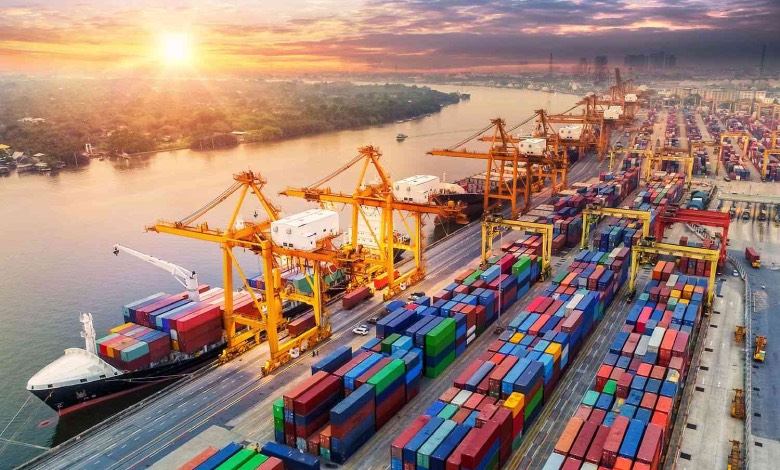
India has implemented new restrictions on imports from Bangladesh, signaling a tougher approach to trade relations. Government sources indicated that Bangladesh cannot selectively choose favorable trade terms while expecting unrestricted access to Indian markets. Speaking anonymously, an official emphasized that while India remains open to discussion, it expects “a fair and reciprocal environment” in trade relations.
On Saturday, the Directorate General of Foreign Trade, operating under India’s Ministry of Commerce and Industry, announced significant import restrictions. Ready-made garments from Bangladesh can no longer enter through land ports and must instead be imported exclusively through the seaports at Nhava Sheva and Kolkata.
Additional products facing stricter port limitations include fruit-flavored carbonated beverages, processed foods, cotton products, plastic and PVC finished goods (with exceptions for essential industrial materials), and wooden furniture. These items cannot enter through Land Customs Stations or Integrated Check Posts in northeastern states including Assam, Meghalaya, Tripura, and Mizoram. The restrictions also apply to the Changrabandha and Fulbari stations in West Bengal.
Indian officials noted that while they had previously allowed Bangladesh’s exports through various land routes without significant limitations, Bangladesh has continued to impose restrictions on Indian exports, particularly at border points connecting to India’s northeastern states. This issue has reportedly been raised repeatedly in bilateral meetings without resolution.
According to one official, these new measures specifically aim to support economic development in India’s Northeast region. The list of restricted items will undergo periodic review to ensure equitable growth across northeastern states.
Another government representative explained that industrial development in the Northeast faces significant challenges due to Bangladesh’s “unreasonably high and economically unviable transit charges,” effectively limiting the region’s access to the Indian mainland despite existing bilateral transit agreements.
Regarding the specific restrictions on ready-made garments, officials described this as a response to Bangladesh’s earlier limitations on Indian yarn exports through land ports. One official expressed hope that these measures would create new opportunities for Indian garment manufacturers to increase production for both domestic and export markets.




